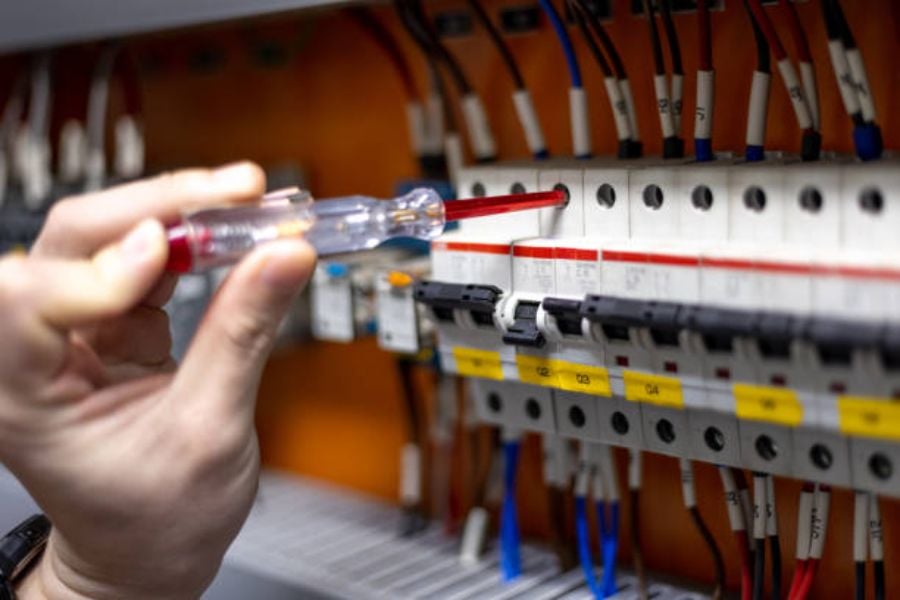Introduction
high voltage dielectric tester is an electrical testing equipment designed to measure the insulation strength of materials and electronic components that are used in high voltage systems. This device is widely used in the power generation, transmission, and distribution industries to ensure the safety and reliability of electrical systems. The high voltage dielectric tester works by measuring the leakage current at high voltages, which helps in determining the dielectric strength and insulation resistance of materials.
Working Principle of High Voltage Dielectric Tester
The high voltage dielectric tester operates on the principle of electrostatic induction. It uses an AC high voltage source to apply a high potential difference between two electrodes, which are placed on the surface of the material under test. The current that flows through the material is measured by a sensitive ammeter, which determines the insulation strength of the material. The device can also measure the polarity, phase angle, and capacitance of the material.
Types of High Voltage Dielectric Testers
There are several types of high voltage dielectric testers available in the market, which are designed for different applications:
- AC High Voltage Testers: These testers are used for testing AC electrical systems and devices.
- DC High Voltage Testers: These testers are used for testing DC electrical systems and devices.
- Partial Discharge Testers: These testers are used for detecting partial discharges in electrical systems, which can lead to insulation failure.
- Tan Delta Testers: These testers are used for measuring the dielectric loss of materials under high voltage.
Applications of High Voltage Dielectric Tester
The high voltage dielectric tester has a wide range of applications in the electrical industry, including:
- Testing of high voltage electrical equipment such as transformers, cables, switchgear, and capacitors.
- Testing of insulating materials such as rubber, plastics, and ceramics.
- Testing of electronic components such as circuit boards and integrated circuits.
- Testing of lightning protection systems.
Benefits of Using High Voltage Dielectric Tester
The high voltage dielectric tester offers several benefits to the electrical industry:
- Ensures safety and reliability of high voltage electrical systems.
- Helps in diagnosing and identifying potential faults in electrical systems.
- Reduces the risk of electrical failures and downtime.
- Helps in complying with regulatory requirements and industry standards.
- Saves time and costs by reducing manual testing and inspection.
Precautions for Using High Voltage Dielectric Tester
Although the high voltage dielectric tester is a valuable testing device, it can also be dangerous if not used properly. Some of the precautions that should be taken while using the device include:
- Ensure that the device is calibrated and maintained properly.
- Wear appropriate personal protective equipment such as gloves, goggles, and boots.
- Disconnect the device from the power supply before making any adjustments or repairs.
- Ensure that the test area is free from flammable or explosive materials.
- Follow the manufacturer’s operating instructions carefully.
Conclusion
The high voltage dielectric tester is an essential device for ensuring the safety and reliability of electrical systems. It helps in identifying potential faults, complying with industry standards, and reducing downtime and maintenance costs. However, it is important to take the necessary precautions while using the device to prevent accidents and injuries. By using the high voltage dielectric tester, electrical professionals can ensure that high voltage systems operate efficiently and safely.

